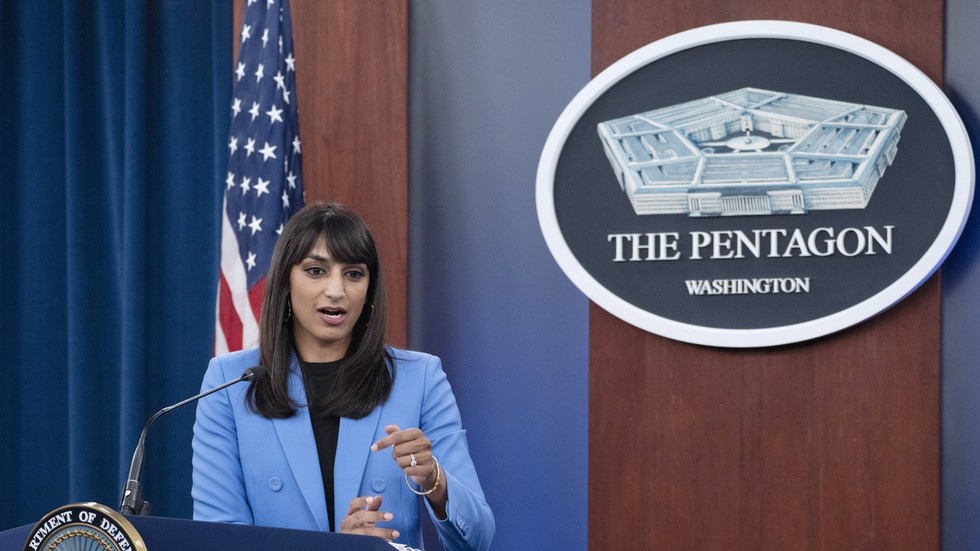US president promotes ‘possibility of working for a ceasefire in Lebanon’ but says ending Gaza war is more difficult.
United States President Joe Biden has expressed optimism about preventing an all-out war between Israel and Iran, but he sounded less confident about the prospects of a ceasefire in Gaza soon.
Speaking to reporters in Berlin on Friday, where he met with the leaders of Germany, France, and the United Kingdom, Biden assessed the efforts to end the multi-arena conflict in the Middle East.
“There’s an opportunity in my view – and my colleagues agree – that we can probably deal with Israel and Iran in a way that ends the conflict for a while. In other words, it stops the back and forth,” Biden said.
Biden’s latest comments signal a possible shift in the US stance. Last week, the State Department suggested that it is no longer seeking a ceasefire between Hezbollah and Israel, saying that the Lebanese group is “on the back foot” after the assassination of several of its leaders.
Israel is widely believed to be readying a strike against Iran in response to the attack that Tehran launched at Israeli military targets on October 1.
Iran fired a barrage of missiles at Israel in retaliation for the killing of Hamas chief Ismail Haniyeh in Tehran and the assassinations of Hezbollah leader Hassan Nasrallah and an Iranian general in Beirut.
In a previous round of attacks, Iran fired hundreds of drones and missiles at Israel earlier this year in response to the bombing of an Iranian consulate in Damascus that killed seven people.
Asked on Friday whether he understands how and when Israel will respond, Biden said: “Yes and yes.” Pressed for further details, he added: “No and no.”
Political risks for Biden
The US president had previously suggested that Washington opposes an Israeli attack against Iranian nuclear or oil facilities.
A military attack on Iran’s oil sector could send global prices soaring and prove costly for American consumers, which could harm the election chances of the Democratic presidential candidate, Biden’s current vice president, Kamala Harris.
Iran has vowed to reply forcefully to any Israeli attack.
It is unclear how the US and its European allies are planning to prevent a spiralling escalation of the direct violence between Iran and Israel.
Gaza ceasefire?
Biden has repeatedly vowed to continue to arm Israel regardless of its policies, including ongoing concerns over well-documented atrocities in Gaza.
On Friday, the US president signalled that a ceasefire in Gaza is not imminent after the killing of Hamas leader Yahya Sinwar in a gunfight with Israeli troops earlier this week.
“We think that there’s a possibility of working for a ceasefire in Lebanon,” he said. “And it’s going to be harder in Gaza, but we agree that there has to be an outcome – what happens the day after?”
On Thursday, Biden had called the killing of Sinwar an “opportunity” for a resolution to the war in Gaza.
The US president also held a phone call with Netanyahu to “congratulate” him for Sinwar’s death, the White House said.
The Israeli offensive in Gaza has killed more than 42,500 Palestinians and turned large parts of the territory into rubble, displacing nearly its entire population.
Israel is also facing accusations of carrying out an ethnic cleansing campaign in northern Gaza, where it has ordered people to leave and cut off all humanitarian aid to the area.
The US provides Israel with at least $3.8bn in military assistance every year, and Biden has approved an additional $14bn in aid since the war in Gaza began in early October 2023.
Escalation in Lebanon?
While Washington has been warning against expanding the conflict, it has voiced support for Israel’s relentless bombing campaign and ground offensive in Lebanon.
Despite losing many members of its upper military and political echelon, including its chief Hassan Nasrallah, Hezbollah has managed to inflict heavy casualties – which it claims to be in the hundreds – on the invading Israeli forces in south Lebanon this month.
The group has also maintained a steady rocket fire against Israel, reaching as deep as the Tel Aviv suburbs.
On Thursday, Hezbollah announced moving to a new “escalatory phase” in the confrontation with Israel, which the group said would reveal itself in the coming days.

 1 month ago
13
1 month ago
13









